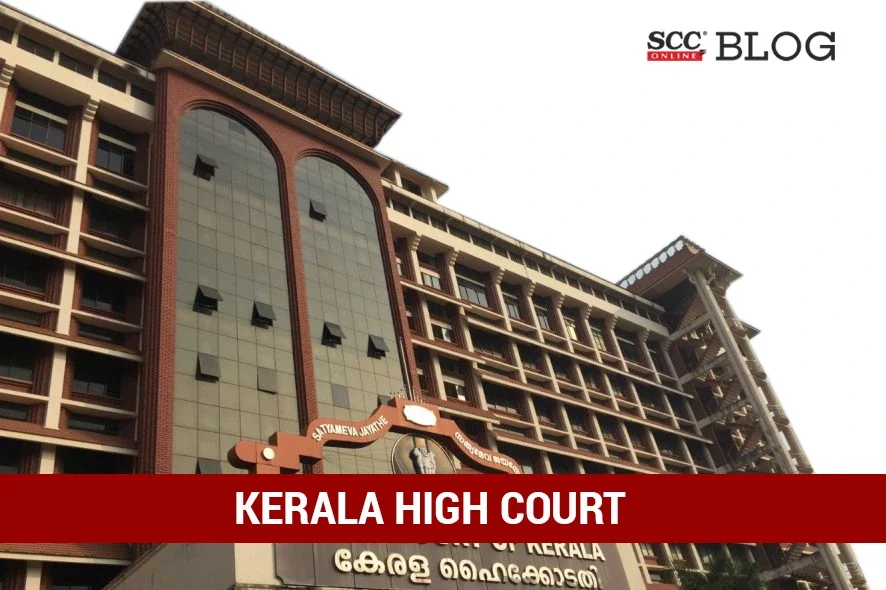Kerala High Court: An application seeking to conduct DNA test for paternity was dismissed by A. Badharudeen, J. while holding that in the absence of specific denial of paternity of the child, DNA tests cannot be resorted to for clearing a suspicion regarding a child’s paternity.
Facts
The instant petition was filed by a father disputing the paternity of his wife’s child seeking relief to conduct DNA test. It was alleged that the couple got married in 2004 and the child was born in 2006, but the two had no occasion to have sexual intercourse due to the wife’s mental illness. It was also contended that the husband used to live abroad for years after the marriage, and only took his wife abroad twice. And that the wife left her husband’s company due to mental illness. The scenario occurred in a matrimonial dispute to deny maintenance to the child while disputing paternity.
The said application for conducting paternity test was denied by the Family Court considering the facts that the husband did not deny access to his wife at any point and did not make a consistent case denying the child’s paternity. The Family Court found that “DNA test to rebut the conclusive presumption available under Section 112 of the Evidence Act could be available only in compelling circumstances and the same is not a device to clear suspicion, regarding paternity.”
Question for Paternity
The Court framed a question for consideration that “Whether DNA test can be pressed into, in order to clear a suspicion regarding the paternity of the child, when there is no specific denial of paternity?”
The Court referred to Section 112 of Evidence Act, 1872 regarding legitimacy of child born during continuance of marriage and question of access to each other and expressed that “In fact, DNA test is intended to rebut the ‘conclusive proof’ provided under Section 112 of the Evidence Act.” The Court relied on the recent decision of the Supreme Court in Aparna Ajinkya Firodia v. Ajinkya Arun Firodia, 2023 SCC OnLine SC 161 for detailed consideration of circumstances under which DNA test of a minor child may be directed to be concluded. It further cited Pattu Rajan v. State of T.N., (2019) 4 SCC 771 for expert opinion under Section 45 of Evidence Act to reiterate that “merely because parties have dispute about paternity, it does not mean that the court should direct DNA or such other test to resolve the controversy. In such circumstances, the parties should be directed to lead evidence to prove the dispute of factum of paternity and only when the court finds it impossible to draw an inference based on such evidence or the controversy in issue cannot be resolved without DNA test, it may direct the DNA test and not otherwise.”
Conclusion
Thus, the Court concluded that DNA tests or any other scientific test should be allowed only in rare and exceptional cases of deserving nature, when it becomes indispensable to resolve the controversy. It further held that in the absence of specific denial of paternity of the child, DNA tests cannot be resorted to for clearing a suspicion regarding a child’s paternity. The Court accordingly justified the dismissal of the husband’s application to conduct DNA test with a view to clearing his suspicion/doubt regarding the paternity of the child.
[Sujith Kumar S. v. Vunaya V.S., 2023 SCC OnLine Ker 8343, decided on 18-09-2023]
Judgment by: Justice A. Badharudeen
Advocates who appeared in this case :
For Petitioner: Advocate I.S. Laila






